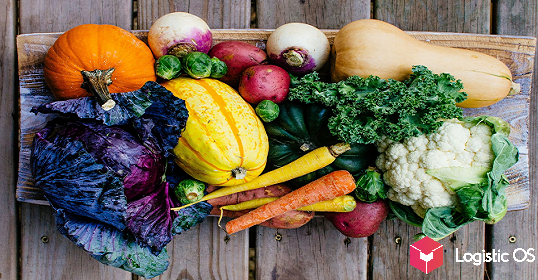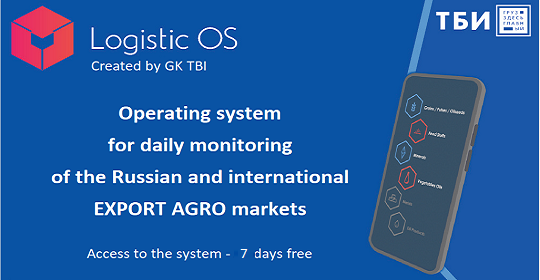Against the background of the ongoing harvesting suffering, according to the plans of the farmers, it is clear that there is no confidence in the future.
The heads of enterprises in a survey conducted during the compilation of the “Index of Development of Agricultural Producers of Russia» expressed confidence that a price of less than 70 rubles per dollar would result in loss of profit.
An unstable exchange rate of the Russian currency during the harvesting company adds to the concerns.
Although more than half of the respondents expressed the hope that, if not this season, then in the next one they hope for income growth.
We will not discount the pandemic, which, as noted by 58% of respondents, had a negative impact on business.
But big concerns are the dollar and rising prices for supplies, which in the spring rose by 20%.
Agricultural producers are puzzled by pricing in the common market in principle: two years ago, the dollar was around 68 rubles, but the cost of agricultural chemistry was 40% less.
The old scheme continues to work: oil is getting cheaper, gas is getting more expensive.
But while there is still some optimism in the market: 68% of farmers are confident in the increase in their yield (this is a “plus» of 10% compared to last year). Such a forecast should be realized at the expense of plant protection products and quality seeds.
The structure of sown areas is changing, but this is not a tribute to the coronavirus, but the basic needs of the market: the sown areas of wheat and barley have been increased, since these crops remain one of the most highly profitable and stable.
Some decline in crops in past years of corn and soybean, caused by a lack of processing capacity, is ending: new storage facilities, elevators, drying plants and processing plants have been built.
Farmers are actively investing in logistics: for example, the Kursk holding launched its terminal in order to be able to ship as many wagons as needed, when and where.

Here, of course, all agricultural producers are worried about the uncertainty associated with the government’s plans to regulate export of products.
And if in the spring the introduced quota was justified, because then the stocks of wheat in the domestic market became catastrophically small, but the introduction of a permanent quota in the second half of each year means slowing down investments in agribusiness.
Farmers want a clear understanding of the necessary strategic stocks in the domestic market and the possibility of selling surpluses.
And although the business continues to make investments in fixed assets — to change equipment, build warehouses, but the share of such companies compared to last year decreased by 20%.
The main investments are in agricultural chemistry, seeds, fertilizers, because most agricultural producers set themselves immediate tasks, and not strategic ones, investment decisions are made based on the results of the season (when, for example, reseeding is required).
And here the problem is no longer in the coronavirus, although its consequences will be felt for a long time, but in the fluctuations in the foreign exchange market and the surprises that the weather presents.
If a dollar during harvesting strada will cost less than 70 rubles, then producers will “sink” for both ruble revenue and profit.
At the same time, the export volume may also be called into question, because the South of Russia, according to farmers, will not trade at such prices.
Only those households that need to pay on loans will sell “Zadechevo”.
Of course, much will depend on the volume of the harvested crop: so far, a little less than 2% of 47 million hectares has been harvested. And although the picture varies by region, a drop in productivity is not expected.

